Planet Aware are hosting a Nurdle Hunt at Compton Bay on Sunday 22 March.The event is part of the national Great Nurdle Hunt project run by FIDRA, an organisation that works on reducing chemical pollution and plastic waste in our seas. Nurdles are tiny pellets that are the building blocks of the plastic products that we use in our homes. They are also found on a lot of beaches and are commonly found across the Isle of Wight. And they really should not be. Nurdles are produced from oil. After they are produced they are transported across the world in their billions. During each stage of the industrial process, from pellet to product, nurdles are spilt and, if not cleaned up, enter our rivers and waterways, eventually reaching our oceans. Across the UK it is estimated that as many as 53 billion pellets could enter our oceans every year. That’s 35 tankers full being dumped in the seas. Once at sea, nurdles and other plastics are known to attract and concentrate chemical contaminants in the sea to their surface. Due to their size, and often clear colour, nurdles can look like fish eggs or other small animals which makes them particularly attractive to seabirds, fish and other marine wildlife. Plastic can get trapped in an animal’s stomach making them feel full and stopping them eating real food leading to starvation and potentially death. So, they are not good. Nurdles don’t need to become marine litter at all. In fact, there are simple measures that can prevent them escaping into the environment. Data gathered by The Great Nurdle Hunt which is running from 13 to 22 March, shows industry and decision makers that there is a problem and that people care about it. In the UK, over 6,000 companies are part of the plastics industry; producing, importing and converting nurdles into plastic products. On the BBC’s War on Plastic programme Hugh Fearnley-Whittingstall visited the INEOS petrochemicals plant at Grangemouth. INEOS one of the biggest producers, has specially made boats which are bringing a constant supply of US Shale Gas to feed its ever growing oil refinery to produce nurdles that make plastics. The INEOS plant on the north east coast of Britain produces a mind boggling 65 million plastic pellets or nurdles every day. In 2018 about 450,000 nurdles were found on a beach in North Queensferry as part of the Great Nurdle Hunt. This beach is about 12 miles from the INEOS Polymers plant where nurdles are produced. The nurdles collected weighed a total of 9.35kg. When you find and report nurdles on our beaches you are helping to draw attention to nurdles that end up in the ocean because of poor plant management practices. You can do this at any time as well as by joining in during the Great Nurdle Hunt. "Not only are these nurdles adding to a global pollution problem, they are produced from fossil fuels and our consumption of fossil fuels is responsible for our current climate emergency," said Anne Sayer. "So although plastic can be a useful resource we need to cut out unnecessary plastics and tell others why. And we need to highlight and end poor industry practice that allows these plastic pellets to get into the sea." Everyone who attends will be entered into a draw to win a Cream Tea Voucher to spend at the Isle of Wight Pearl restaurant. About the Great Nurdle Hunt The Great Nurdle Hunt was launched in 2014. Since then the data collected has helped build up a growing picture of nurdle pollution and evidence of the problem. Last year “As You Sow” lobbied oil and gas shareholders to support the publication of data on nurdle spills. Exxon was the first to agree to this. About Planet Aware We develop creative, fun and effective campaigns in the Solent area that help people make smarter environmental choices. Our aim is to help cut the amount we consume – from plastics to power – and make better use of the world’s resources. We have a big focus on our fabulous coast which means that many of our campaigns and projects are created with the oceans in mind. For more information contact Anne Sayer 07952 270372 Anne Sayer Sarah Marshall Planet Aware

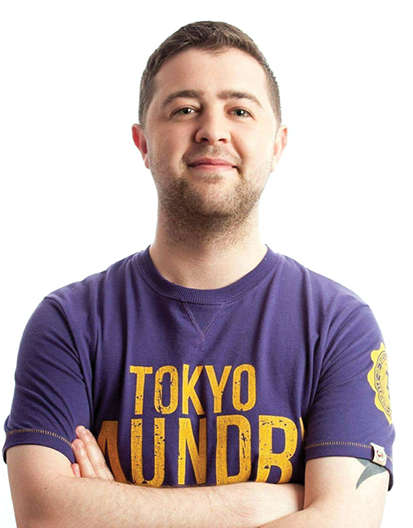
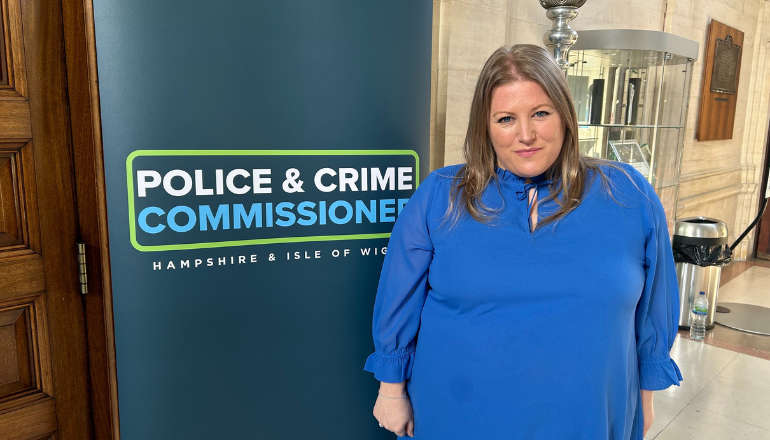 Reaction To Donna Jones Police And Crime Commissioner Re-Election
Reaction To Donna Jones Police And Crime Commissioner Re-Election
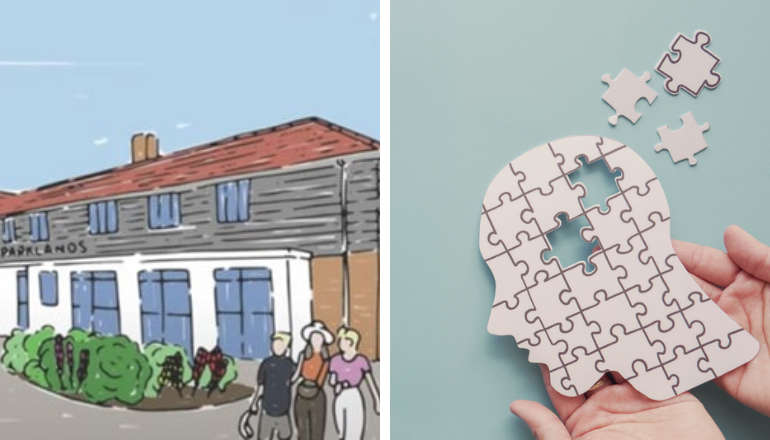 New Dementia Hub To Open In Cowes Next Week
New Dementia Hub To Open In Cowes Next Week
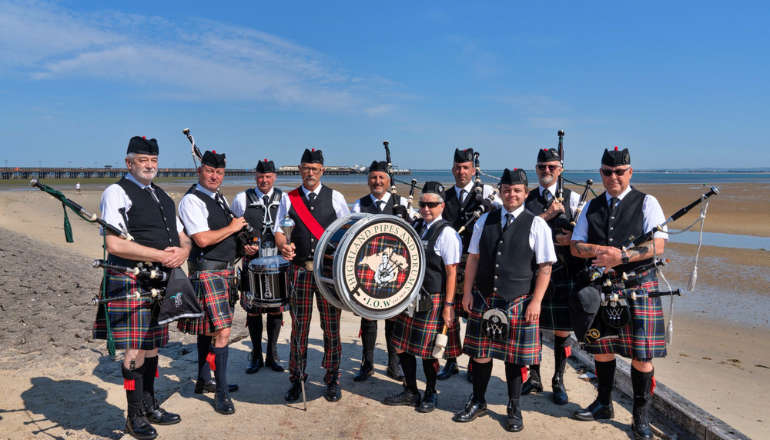 Armed Forces Covenant Members Supporting Armed Forces Day
Armed Forces Covenant Members Supporting Armed Forces Day
 Miriam Margolyes, Aggers And Tuffers And Plastic Mermaids To Headline Wight Proms 2024
Miriam Margolyes, Aggers And Tuffers And Plastic Mermaids To Headline Wight Proms 2024
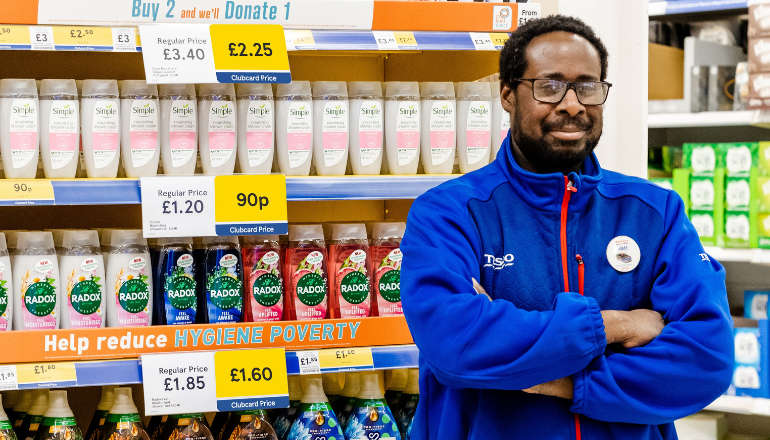 Isle Of Wight Shoppers Helping To Tackle Rising Levels Of Hygiene Poverty
Isle Of Wight Shoppers Helping To Tackle Rising Levels Of Hygiene Poverty
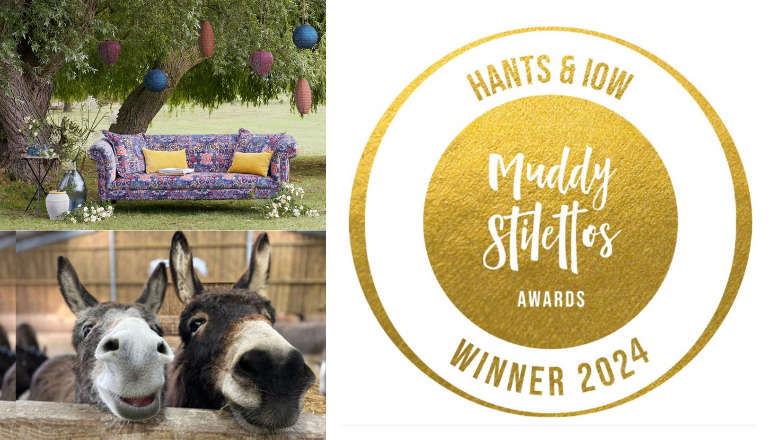 Two Isle Of Wight Businesses Win At Annual Muddy Stiletto Awards
Two Isle Of Wight Businesses Win At Annual Muddy Stiletto Awards
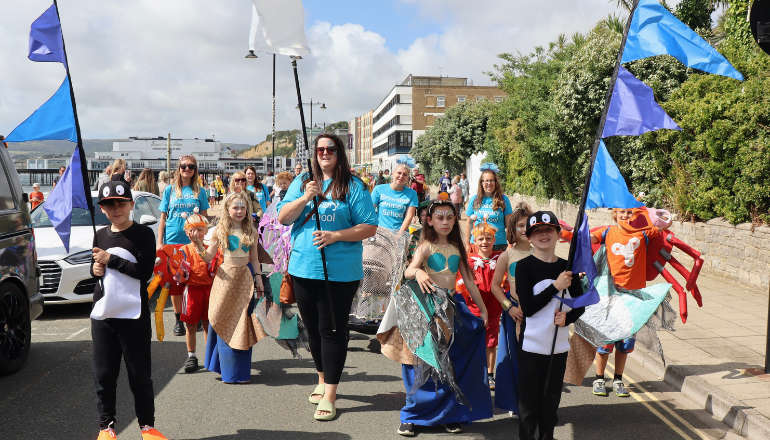 Sandown Carnival Launches 2024 Season
Sandown Carnival Launches 2024 Season
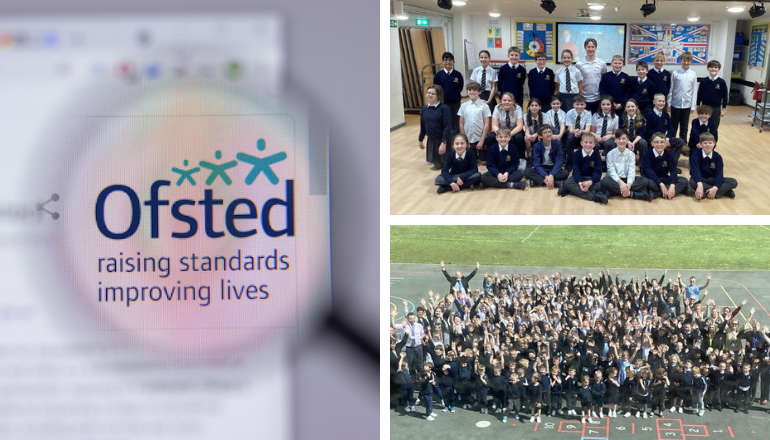 Dover Park Primary School Celebrates Continued Success With Glowing Ofsted Report
Dover Park Primary School Celebrates Continued Success With Glowing Ofsted Report
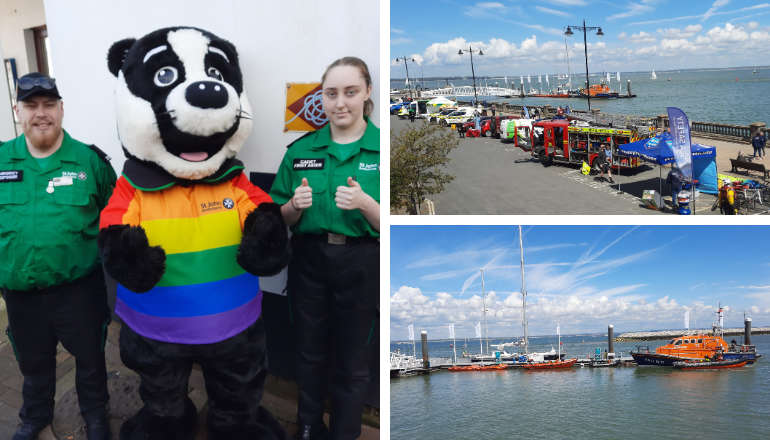 Rescue Services Join RNLI’s 200th Celebration Event At Cowes
Rescue Services Join RNLI’s 200th Celebration Event At Cowes
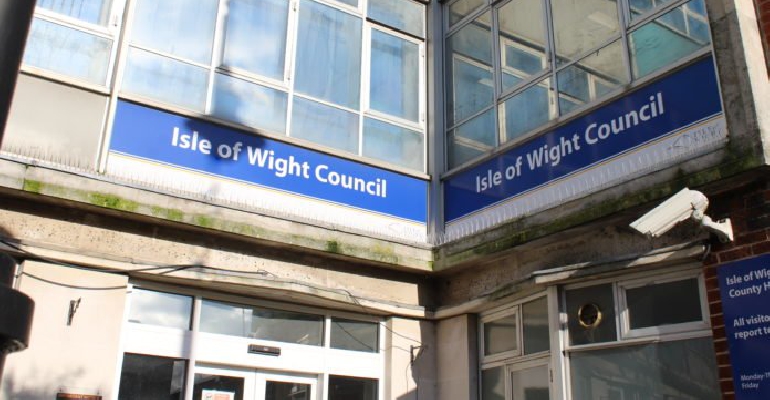 Isle Of Wight Council To Move To Committee System In 2025
Isle Of Wight Council To Move To Committee System In 2025
 Highway Improvement At Church Litten Next Week
Highway Improvement At Church Litten Next Week
 Isle Of Wight Beaches Praised In Clean Water League Table
Isle Of Wight Beaches Praised In Clean Water League Table
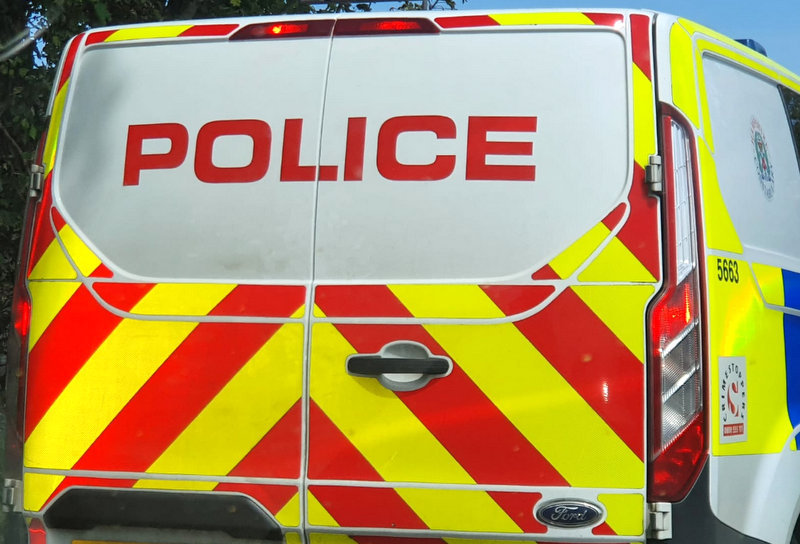 Man Arrested After Being Caught During Act Of Self-Gratification In Newport
Man Arrested After Being Caught During Act Of Self-Gratification In Newport
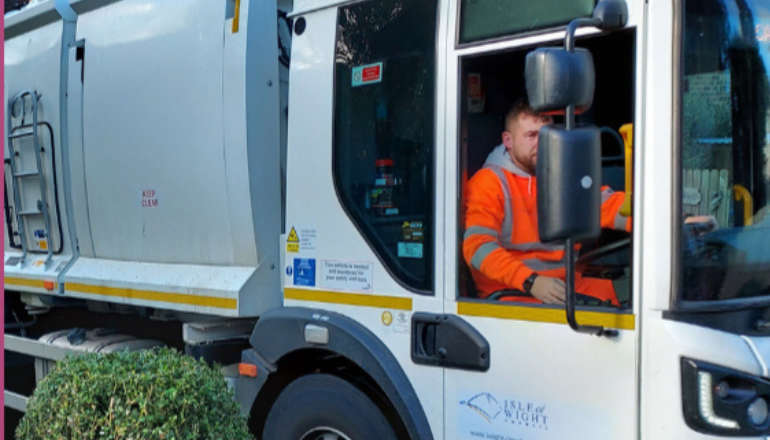 May Day Bank Holiday Recycling And Waste Collection Information
May Day Bank Holiday Recycling And Waste Collection Information
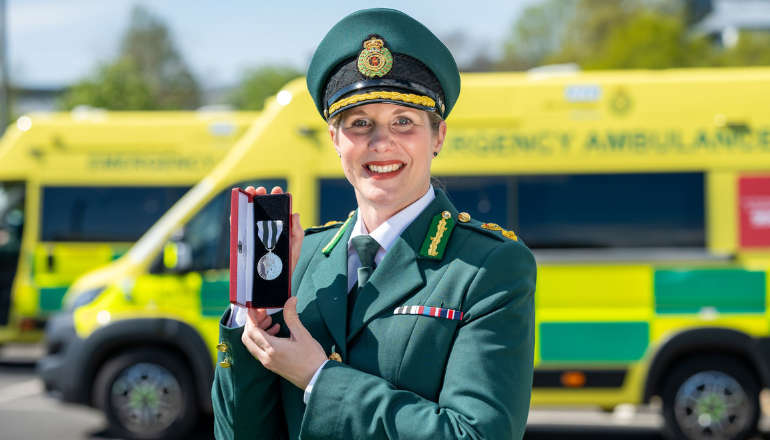 Isle Of Wight Ambulance Service Star Louise Awarded King’s Ambulance Medal
Isle Of Wight Ambulance Service Star Louise Awarded King’s Ambulance Medal
 Stranded RIB Towed To Safety By Cowes Lifeboat
Stranded RIB Towed To Safety By Cowes Lifeboat
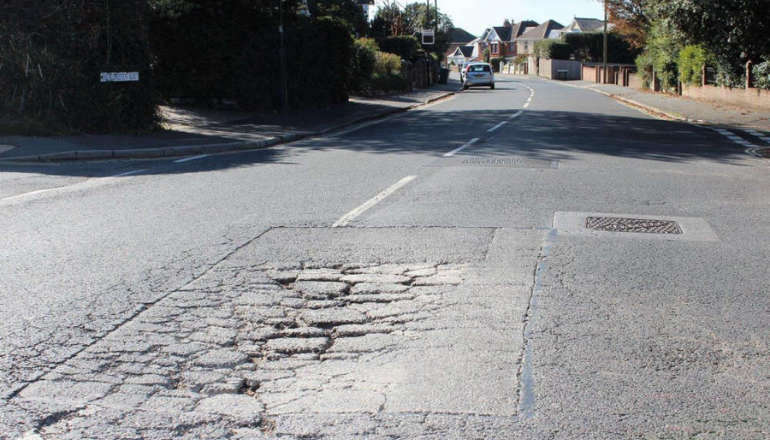 Major Highway Works Taking Place Across Isle Of Wight This Month
Major Highway Works Taking Place Across Isle Of Wight This Month
 Three Men Arrested On Suspicion Of 'Attempting To Take Child'
Three Men Arrested On Suspicion Of 'Attempting To Take Child'
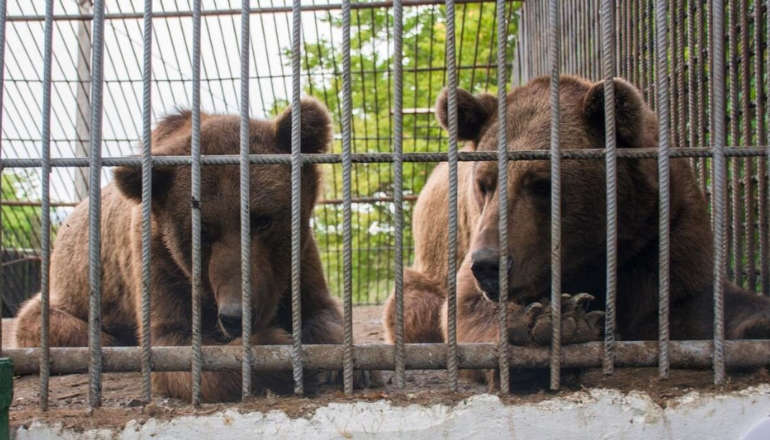 Wildheart Animal Sanctuary Rescue To Bring First Bears To Isle Of Wight For 30 Years
Wildheart Animal Sanctuary Rescue To Bring First Bears To Isle Of Wight For 30 Years
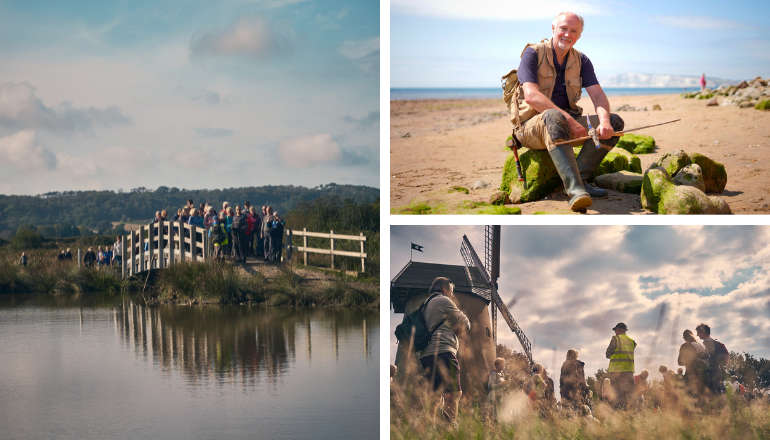 One Week To Go Until Isle Of Wight Walking Festival 25th Anniversary
One Week To Go Until Isle Of Wight Walking Festival 25th Anniversary


